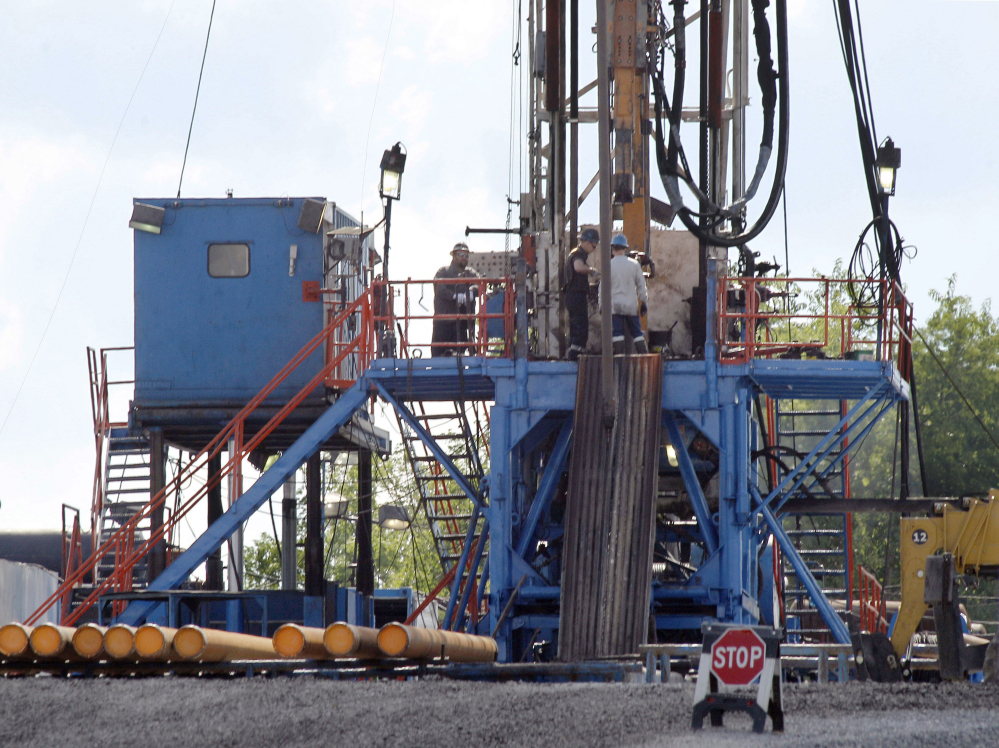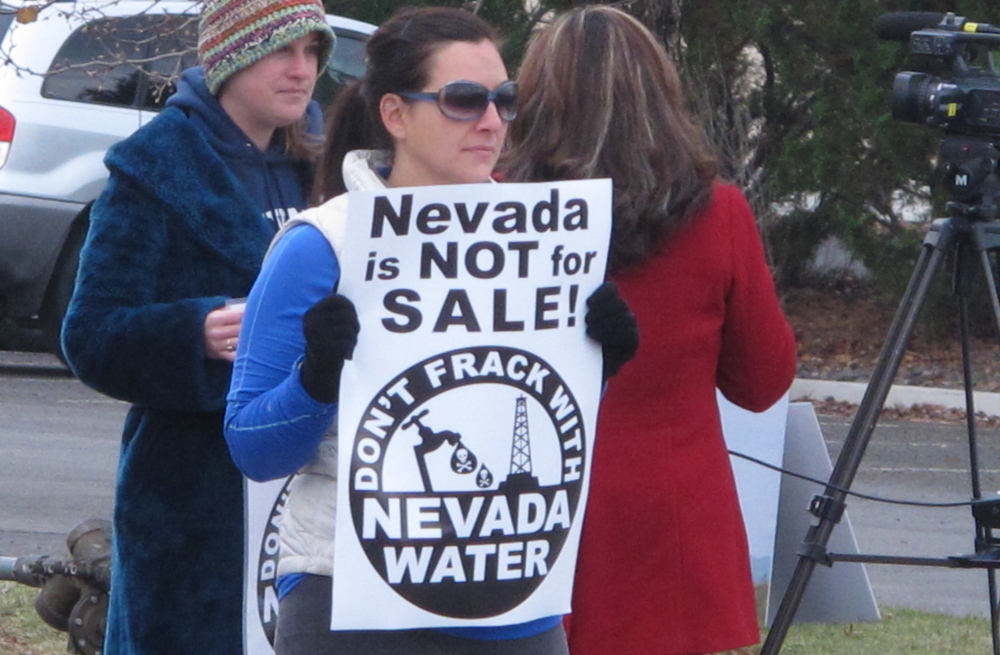WASHINGTON — The most extensive government review of U.S. “fracking” practices has found no evidence of widespread damage to drinking-water supplies, while also warning of the potential for contamination from the controversial technique used in oil and gas drilling.
The draft study by the Environmental Protection Agency linked fracking to a few cases of water pollution but said the problems appeared so far to be isolated. It cautioned that a number of fracking-related activities carry a future risk of polluting wells and aquifers used for drinking and farming.
The long-awaited report appears unlikely to cool the national debate over the drilling practice that has spurred huge increases in U.S. oil and gas production in the past five years.
The report could, however, help ease immediate concerns about damage to water supplies in the areas where fracking, or hydraulic fracturing, is underway.
“We did not find evidence that these mechanisms have led to widespread, systemic impacts on drinking water resources in the United States,” said the report’s executive summary, released on Thursday. It said that, while there are documented cases of contamination, the problem is “small compared to the number of hydraulically fractured wells.”
The EPA acknowledged that it was hampered in its assessment by inadequate data, preventing experts from reaching firm conclusions about whether contaminants in an individual well came from fracking or another source.
Send questions/comments to the editors.




Success. Please wait for the page to reload. If the page does not reload within 5 seconds, please refresh the page.
Enter your email and password to access comments.
Hi, to comment on stories you must . This profile is in addition to your subscription and website login.
Already have a commenting profile? .
Invalid username/password.
Please check your email to confirm and complete your registration.
Only subscribers are eligible to post comments. Please subscribe or login first for digital access. Here’s why.
Use the form below to reset your password. When you've submitted your account email, we will send an email with a reset code.